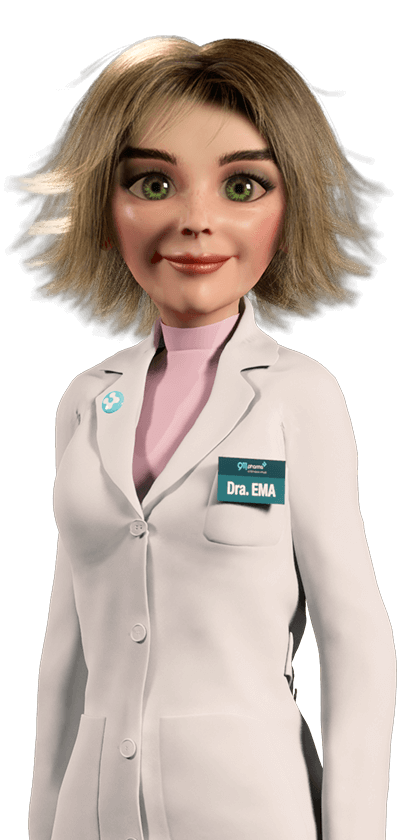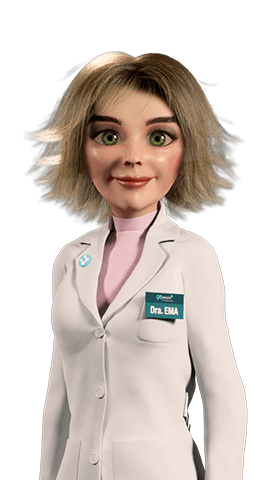Prevention
Vaccination is a true sign of self-love and love for one's neighbour
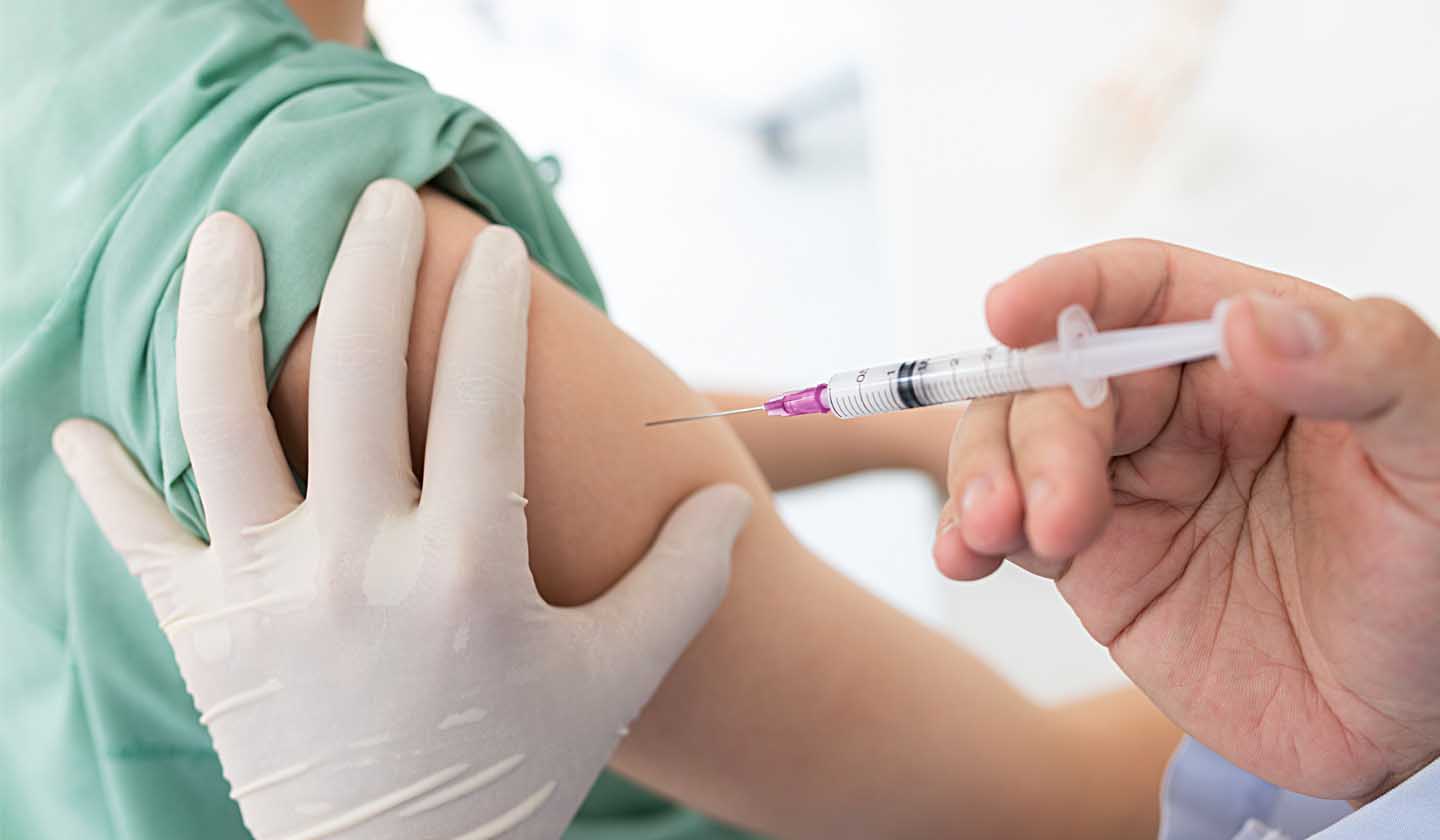
Vaccination is an essential act of protection for the health of all. Each unvaccinated individual is at risk of becoming ill and increases the risk of disease transmission. Vaccines have a preventive function, not causing the disease, but also not curing it. What they do is prevent the disease from developing or mitigate it (by decreasing the intensity of the symptoms) should it still occur.
What is a vaccine?
A vaccine is a medicine, composed of an antigen (the aggressive agent that we want to defend against), which when inoculated (administered) in a person induces a protective immune response, specific to one or more infectious agents.
The antigen is usually composed of complete, dead or attenuated microorganisms (viruses or bacteria), or a fragment of those microorganisms, for example, a part of the bacterial cell wall, an inactive toxin, etc.
The antigen chosen for a vaccine must be "immunogenic” which means that it must trigger an immune reaction and not cause the disease. The vaccine is a protective measure that induces an immune response in the individual as if he had actually been infected by the microorganism.
Vaccines are considered to be medicines, but they have several notable differences from classic medicines, as it is indicated in the following table:
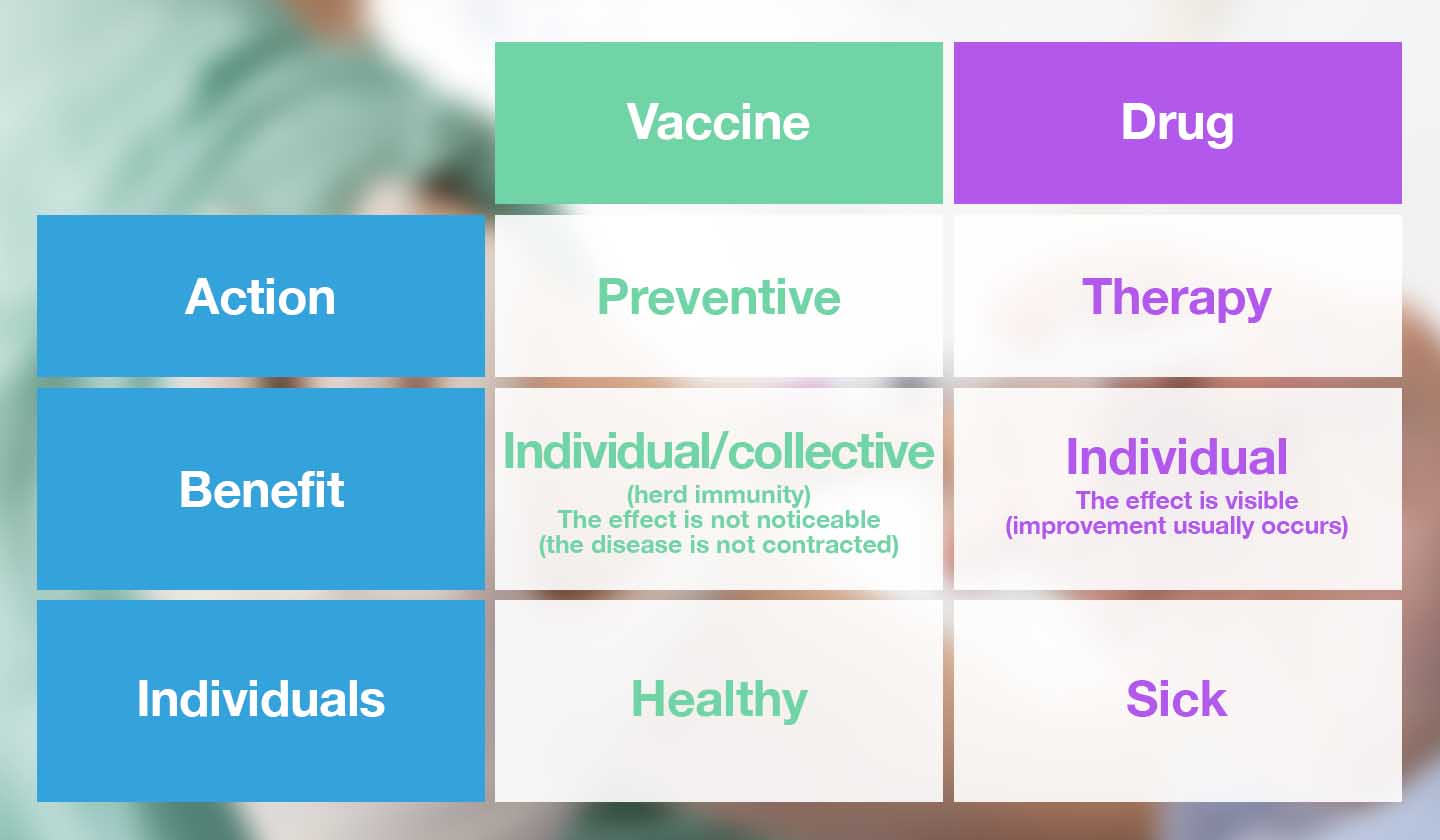
Can anyone get vaccinated?
In general, yes, but there are situations that require precautions, and, in certain cases, there may even be contraindications in relation to certain vaccines.
Before taking a vaccine, you should always talk to your doctor, especially in case of:
- Serious illness
- Pregnancy
- Treatment with drugs known as corticosteroids
- Radiation treatment
Do vaccines have side effects?
Although safe, vaccines can cause some adverse reactions, but these are usually short-lived. The most common are swelling, pain and redness at the injection site, fever, and general malaise.
Check with your doctor, pharmacist, or nurse at the time you are getting the vaccine or, if you have an intense or unexpected reaction.
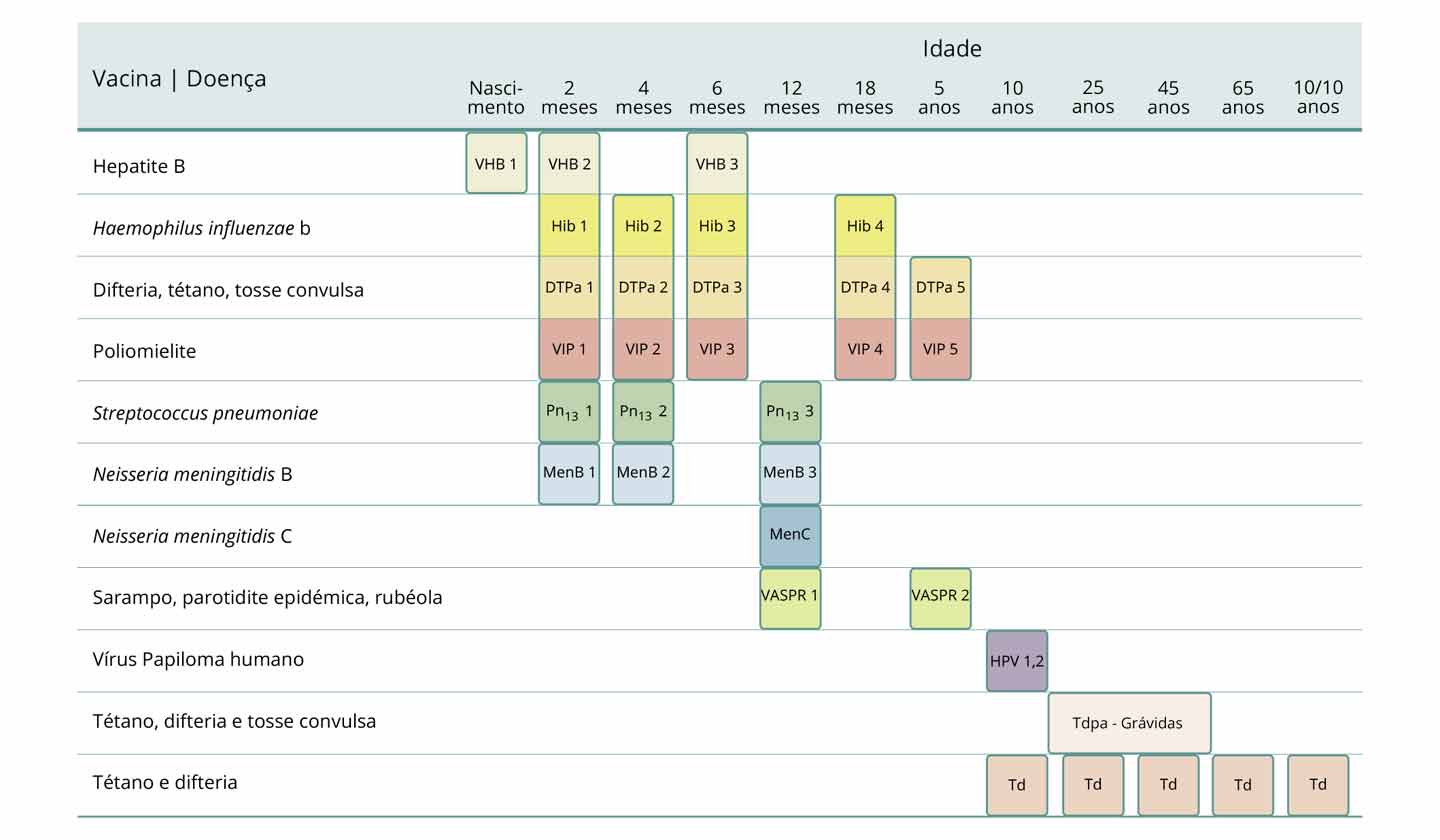
When should I get vaccinated?
The best way to be protected against certain diseases is to comply with the vaccination schedule recommended by the Portuguese National Vaccination Program (PNV). Children are the main recipients, but it also covers adults. Check your country's vaccination plan.
Where can I get vaccinated?
In duly authorised healthcare centres, hospitals, and other health services, such as pharmacies.
What do I need to get vaccinated?
Just go your local healthcare centre and take your vaccination record with you. If for any reason (extended vacation, for example) you are unable to go to your local healthcare centre, just go to the one that is near you.
How much do vaccines cost?
Vaccines that are part of the Portuguese National Vaccination Program (PNV) are free.
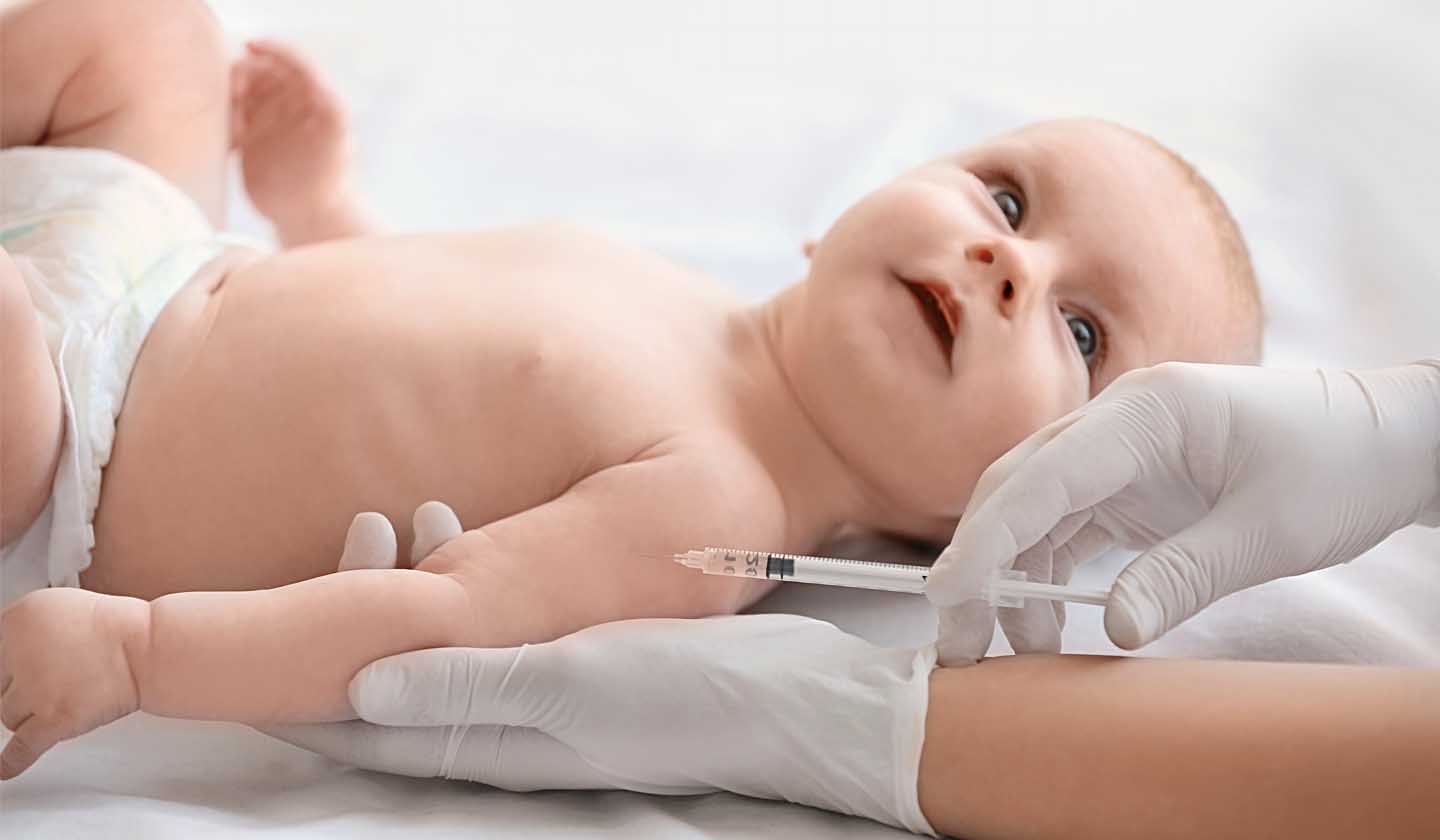
When should I vaccinate my children?
Children should be vaccinated as soon as they are born (new-borns). If the schedule is met, shortly after 6 months of age they will be protected against seven childhood diseases, and at 15 months of age they will be protected against ten diseases.
If the child did not start vaccination during the first year of life, go to a healthcare centre, as soon as possible. It is never too late to vaccinate yourself and your children and there are two recommended vaccination schedules in these cases.
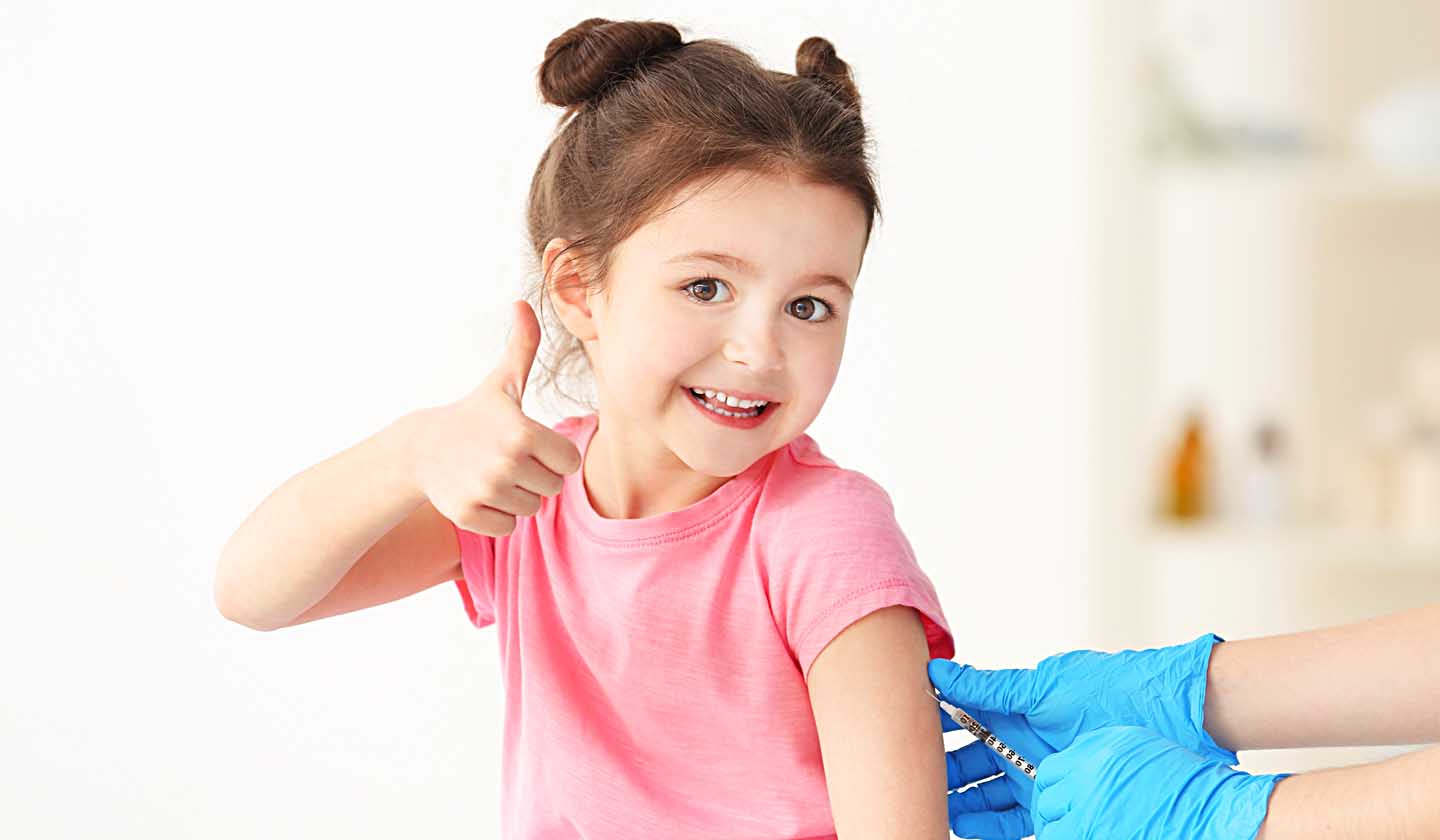
Remember…
Vaccines are the most effective and safest means of protection against certain diseases. Even when immunity is not complete, those who are vaccinated have greater resilience in the event of an outbreak.
It is not enough to be vaccinated only once to be properly protected. In general, you need to receive multiple doses of the same vaccine for it to be effective. Other times, it is also necessary to make booster doses, in some cases throughout life.
Vaccination, in addition to personal protection, also brings benefits to the entire community, because when the majority of the population is vaccinated, the transmission of the disease is interrupted.

António Hipólito de Aguiar
(Pharmacist; University Professor)
Também lhe poderá interessar
Virus
Chickenpox - It Feels So Good to Scratch, but It's forbidden
Allergies
